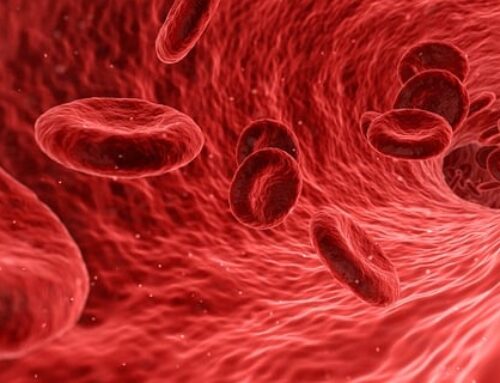
If you’ve ever stepped on a scale and felt like it dictated your entire mood for the day, you’re not alone. But here’s some good news: your health—and certainly your worth—aren’t defined by that number. The Health At Every Size (HAES) movement is here to challenge outdated weight-centric views and replace them with a more inclusive, research-backed, and frankly, much kinder approach to well-being.
Let’s dive into what HAES is all about, why weight isn’t the health villain it’s made out to be, and how embracing this perspective can improve your overall well-being.
What Is HAES, and Why Should You Care?
The HAES framework is built on five core principles that sound like common sense but often get lost in diet culture’s noise:
- Weight Inclusivity – Bodies come in all shapes and sizes, and they all deserve respect (yes, including yours).
- Health Enhancement – Health isn’t a one-size-fits-all journey. Accessible, sustainable healthcare matters more than a number on a scale.
- Respectful Care – Because nobody should be shamed at the doctor’s office for their weight. HAES addresses weight stigma and bias while considering individual lived experiences.
- Eating for Well-Being – Food is meant to be enjoyed, not feared. Learning to trust hunger and fullness cues is key.
- Life-Enhancing Movement – Exercise should be about joy, not punishment. If you hate running, you don’t have to do it—promise!
The Real Villain? Weight Stigma, Not Weight Itself
The idea that being thin automatically equals being healthy is like saying wearing glasses makes you smart—it’s just not that simple.
What Is Weight Stigma?
Weight stigma is the judgment or discrimination people face based on body size. It happens everywhere: in healthcare, workplaces, schools, and yes, even at family dinners when your aunt won’t stop talking about her latest diet.
Why Weight Stigma Is Actually Harmful to Your Health
Research shows that weight stigma is associated with a whole host of negative health outcomes, including:
- Psychological Stress – Anxiety, depression, and poor self-esteem can be exacerbated by body shaming.
- Disordered Eating – Constant dieting and weight focus can lead to binge eating, disordered eating, and other unhealthy food relationships.
- Avoidance of Medical Care – Many people delay doctor visits because they fear weight-based judgment (which, ironically, is worse for their health).
- Reduced Physical Activity – Because if fitness spaces don’t feel welcoming, why would anyone want to go?
Weight: A Terrible Health Measuring Stick
If weight were the ultimate predictor of health, then all thin people would be healthy, and all larger-bodied people would be unhealthy—and we know that’s just not true. In fact, a meta-analysis published in the Journal of the American Medical Association (JAMA) found that individuals classified as “overweight” (by BMI standards) actually had similar or even better mortality rates than those in the so-called “normal” BMI range.
Why? Because health is about behaviors, genetics, environment, and access to care—not just body weight.
The HAES Approach to Eating and Movement

Eating: Food Is Not the Enemy
Studies from the International Journal of Eating Disorders confirm that dieting is one of the biggest risk factors for developing eating disorders. HAES instead promotes intuitive eating, which means:
- Honoring hunger and fullness cues (your body actually knows what it’s doing!)
- Ditching the guilt and food moralizing (no, a cookie does not make you “bad”)
- Focusing on variety, balance, and satisfaction rather than strict rules
Movement: Exercise Should Feel Good
Forget the “no pain, no gain” mentality. HAES encourages movement that feels good rather than punishing. That could mean dancing in your kitchen, going on a nature walk, or swimming—not just sweating it out on a treadmill if that’s not your thing.
Breaking Down Common HAES Misconceptions
Does HAES Promote Unhealthy Lifestyles?
Nope. HAES isn’t about ignoring health—it’s about shifting the focus to sustainable behaviors rather than fixating on weight loss. Research shows that people who adopt intuitive eating and joyful movement tend to have better long-term health outcomes than chronic dieters.
What About Conditions Linked to Weight?
While some health conditions correlate with weight, correlation isn’t causation. HAES promotes treating health conditions through behavior-based interventions (like improving nutrition, movement, and stress management) rather than just prescribing weight loss as a cure-all.
Final Thoughts: A Healthier Way Forward
The HAES movement isn’t about ignoring health—it’s about redefining it. By focusing on holistic well-being instead of arbitrary numbers, we create a world where people of all sizes can pursue health without stigma, fear, or shame.
If this shift in perspective resonates with you, let’s chat! Schedule a free 15-minute Meet & Greet with Cassie Petro, MS, CN, CNS, and take the first step toward a more compassionate, sustainable approach to health.
Because at the end of the day, you are so much more than a number on a scale.




